Minimum wage hike inadequate for living costs, say HK labour groups

A recent revision has labour groups clamouring for a more regular review and increment of the minimum wage in Hong Kong.
Technology adoption drives organisational transformation

As the rise of AI tools make certain job responsibilities redundant, employees can adapt by gaining key skills such as analytical thinking.
Lifelong learning key pillar of Singapore’s workforce development
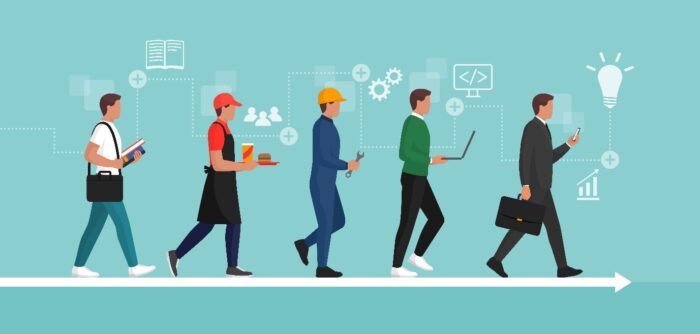
To bridge wage gaps and improve employability, the Singapore government is committed to helping employees constantly reskill and upgrade.
Mental health issues impacting workplace productivity in Singapore

Mental health issues such as anxiety or depression are causing the country to lose about S$16 billion annually in lost productivity.
Can AI boost employee productivity in the workplace?
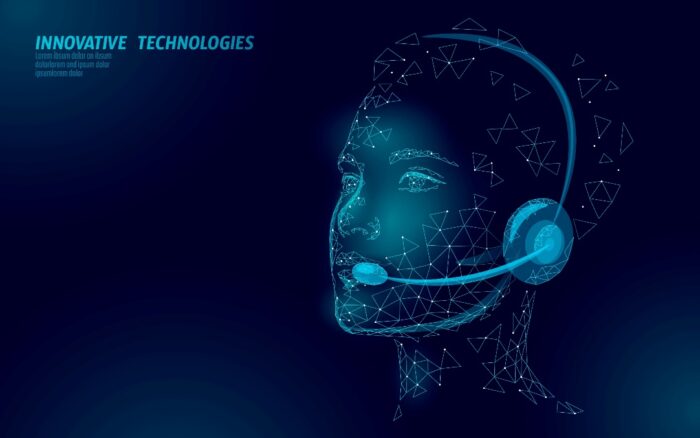
Chatbots are a viable tool to assist entry-level and low-skilled employees with complex tasks, according to a study.
Total wellbeing core of Asia Pacific Breweries Singapore’s people strategy
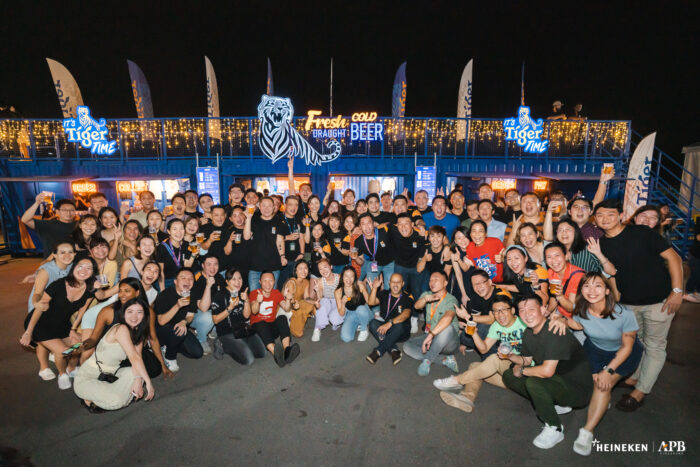
By prioritising total wellbeing, the brewery company is creating an environment where all employees can thrive and unlock their full potential
Flexible work to be part of Australia’s Civil Service

To create a more diverse and inclusive workforce, the Australian civil service is considering offering more flexible work rights for public employees.
Employees in Singapore expecting a pay rise in 2023

Even though anxiety over job security still prevails, expectations of a salary raise continue to rise amongst employees in Singapore.
How workplaces can accommodate autistic employees

Organisations can do more to help autistic employees who might not be able to cope with working on site after years of remote working.
Warm-up time boosts creativity among employees

Creativity can be inculcated in employees lower in the organisational hierarchy when they are given more time to engage in tasks.
The three effective work norms for successful hybrid work models
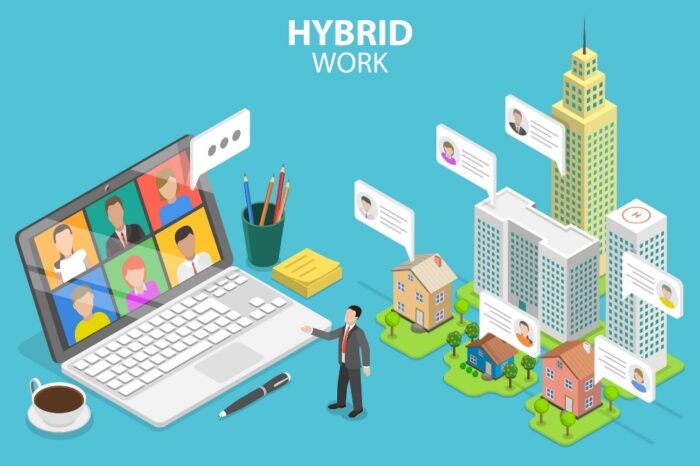
Successful hybrid work models work when organisations develop clear and explicit work norms, which encourages employees to stay.
Singapore focuses on skills to improve employability of workforce
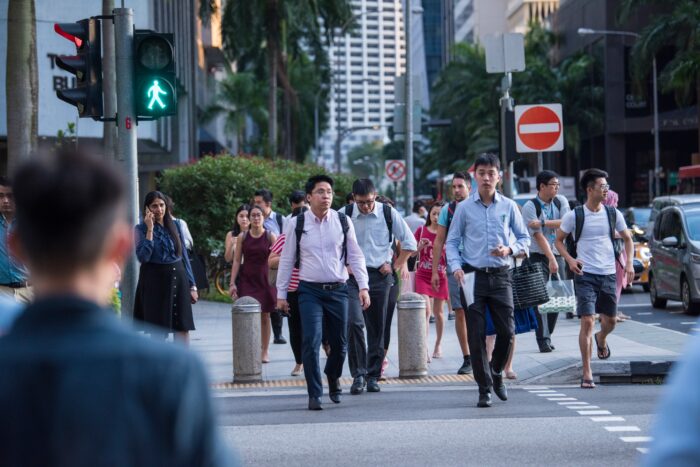
Employees will receive more training opportunities to advance their careers or find new employment in the event of retrenchment.
Is AI data causing wage discrimination for gig economy employees?

As gig economy companies adopt AI algorithm data sets, employees may find themselves being paid differently for the same amount of work.
Awareness of ESG’s importance grows across Asia Pacific
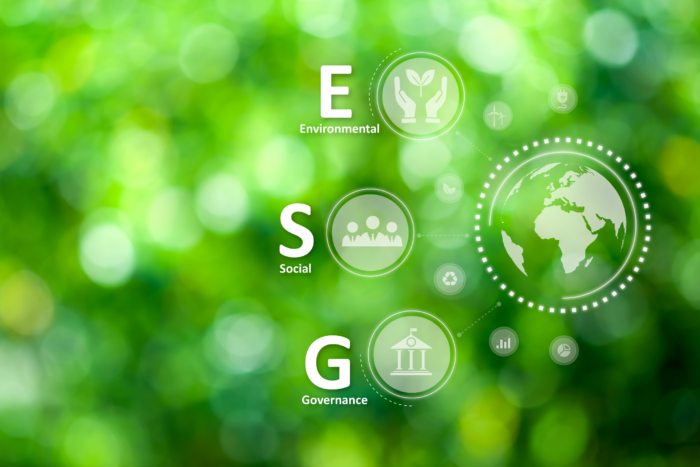
While more organisations in Asia Pacific are recognising the importance of ESG, more needs to be done to build successful ESG strategies.
Unwelcome questions still a problem for job applicants in South Korea

In the last two years, 84 cases have been filed to the labour ministry regarding prying questions asked during work interviews that violate privacy.
Employees in Singapore seek higher pay despite fears over job security

While employees remain confident that their employers will support them during uncertain times, job and income stability are paramount.
Can a four-day workweek improve mental health and work-life balance?

Giving employees a three-day weekend could result in better sleep quality and more physical activity, according to the University of South Australia.
Japan’s largest trade union calls for sustained wage growth

Although many organisations have recently introduced a wage hike, Rengo is calling for further wage rises beyond 2023.
The three key traits to effective leadership

Leaders must develop three key traits to lead their organisations and people through times of uncertainty.
Giving employees in Malaysia the option to choose when to retire

A workers’ rights group has proposed that employees in the country be allowed to extend their retirement beyond the age of 60.

